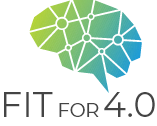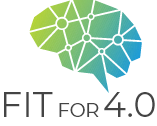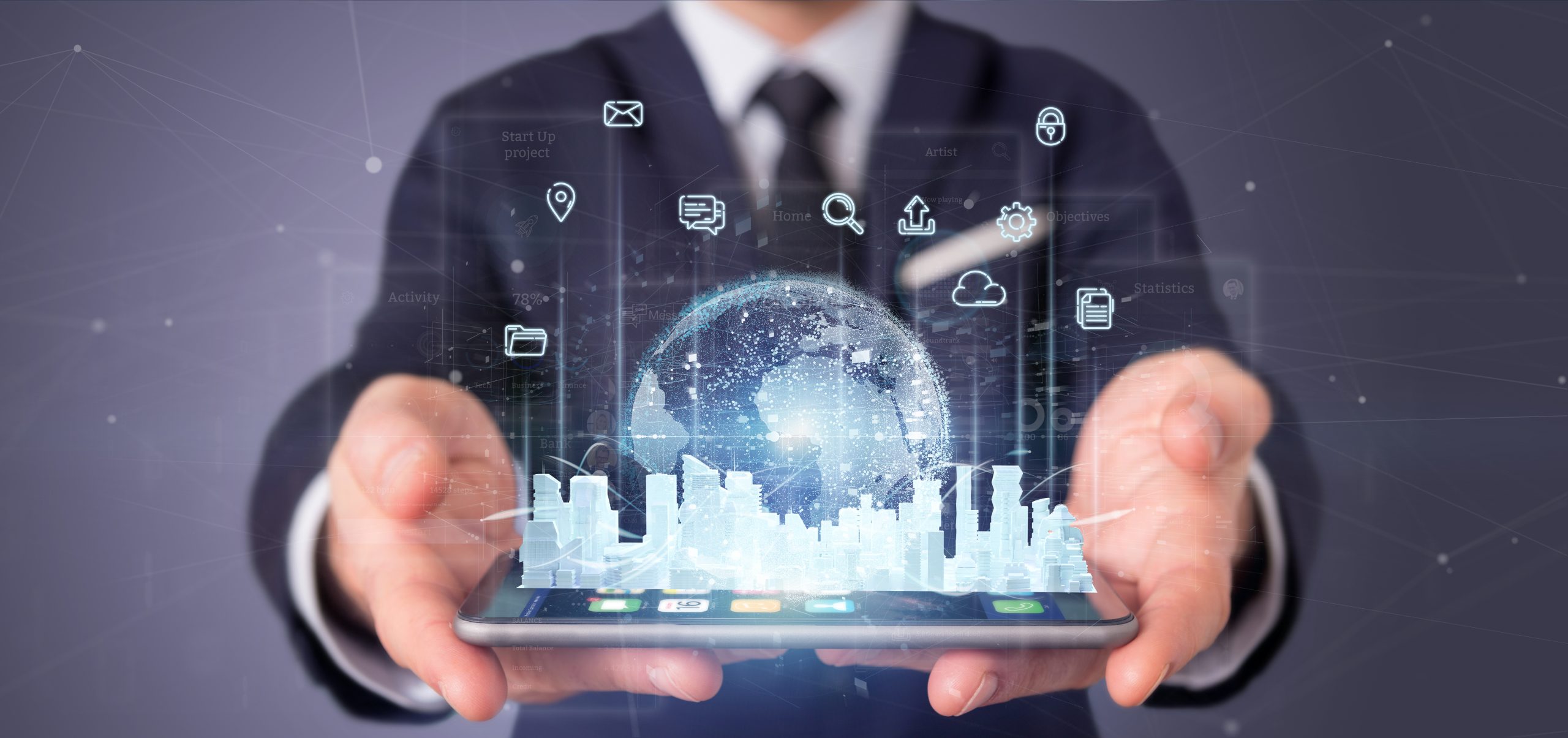- Elisa Negri is Assistant Professor at the School of Management, Politecnico di Milano. Her research interests are smart and digital solutions for the planning and control of production.
- Sara Perotti is Associate Professor at the School of Management, Politecnico di Milano. Her research interests include sustainability in logistics, warehouse energy efficiency, and smart solutions for logistics and warehousing.
What are the main digital technologies of the Industry 4.0 paradigm? And what about the applications in the logistics domain? An overview and categorization of Industry 4.0 technologies will be offered, together with details on some research projects and collaborations performed at the Industry 4.0 LAB “Marco Garetti” of the Politecnico di Milano School of Management. The presentation will then target logistics solutions based on 4.0 digital technologies, with particular attention to internal logistics and warehousing. Finally, the concept and methodology of the joint working publication between the School of Management and the University of Applied Sciences Würzburg-Schweinfurt will be presented, addressing perceived drivers and barriers to the adoption of smart internal logistics solutions from the perspectives of both technology providers and adopters.
A Digital Ecosystem Framework for Smart Logistics
Peik Bremer is Full Professor at the Department of Logistics and Head of FHWS Logistics Lab at the FHWS University of Applied Sciences Würzburg-Schweinfurt, Germany. His research interests include cold chain logistics, innovation in logistics, and smart logistics.
Smart logistics (“Logistics 4.0”) is a popular topic these days, connecting logistics to the overarching trend of “Industry 4.0”. Despite its attractiveness and suggested practical value, however, it seems to be both still limited to isolated applications in industry and insufficiently conceptualized in academic research.
This presentation suggests digital ecosystems (Wu and Chang, 2007) as a consistent conceptual framework for smart logistics. Along the lines of biological ecosystems, the digital ecosystem framework includes digital species (smart logistics objects), a spatial concept of environment (logistics business processes and where they take place), and a mission (logistics objectives smart objects pursue autonomously).



